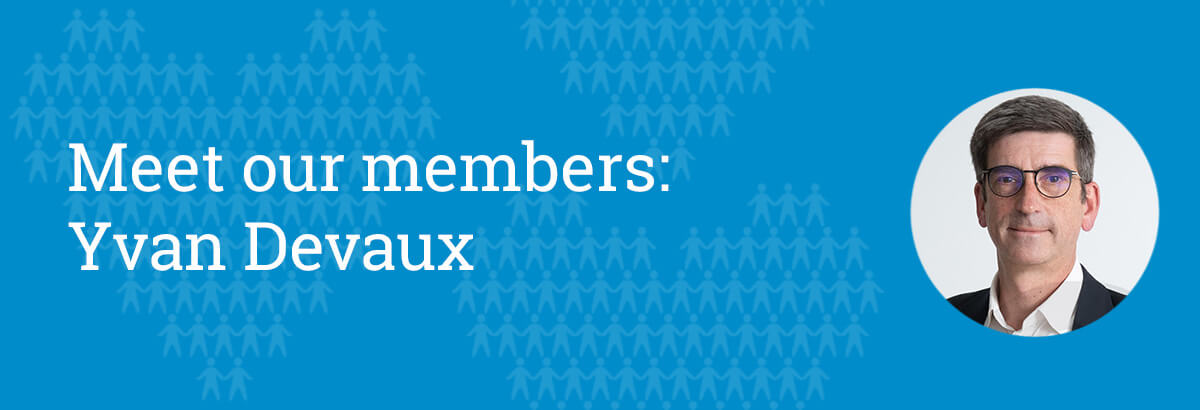
Head of the Cardiovascular Research Unit, Luxembourg Institute of Health
In 2005, I joined the cardiovascular research team at the Luxembourg Institute of Health. Heart failure was the major focus area at this time, and remains so to this day. After almost 19 years, the management of heart failure has greatly improved, yet more research is needed to resolve unmet care needs.
Starting early in the morning, my laboratory team and I discuss ongoing research projects and technical challenges, and we share findings and promising results. The coordination and management of research projects is my main occupation, from funding applications to the publication of results. I also dedicate part of my time to organising networking activities and communicating with stakeholders.
We have strong medical management of heart failure, with a heart failure clinic at the main hospital. And it was great to be involved in the development of a National Plan for Cardio-Cerebro-Vascular Diseases, which launched in 2023. Our National Society of Cardiology is working well to raise awareness of heart failure, but this needs to be strengthened further. It is also important for heart failure to become one of the main strategic pillars for research in Luxembourg, since its prevalence is continuously rising.
Having been a coordinator of research networks for many years (e.g. Cardiolinc, CardioRNA COST Action, AtheroNET COST Action), I wanted to extend the scope of my policy activities. Joining the HFPN helped me gain additional support for informing decision-makers of the importance of investing in heart failure research.
I hope the HFPN will produce further concrete outputs to support the medical research community, widen awareness of the risks of heart failure and secure sustainable funding for research.
Recent research findings highlight the potential of implementing personalised healthcare for heart failure patients. Administering the right treatment at the right time, tailored to the patient, will reduce the adverse effects of certain treatments, enhance quality of life and improve overall outcomes.
The most promising research finding is that we can apply tailored diagnostic and treatment strategies to an individual’s profile. Personalised medicine has seen significant progress in the past decade, and further research and development support the implementation of recent discoveries to bedside.
Physical activity to maintain my health and reduce my risk of heart failure; gardening to reduce daily stress; and keeping bees to produce pure and organic honey – I take one spoonful of my honey every day for a healthy lifestyle!
The Heart Failure Policy Network brings together experts who are united in their passion: to improve outcomes for people living with heart failure.
We share profiles of our members to showcase what led them to work in heart failure, and find out about changes they would like to see in prevention and care.